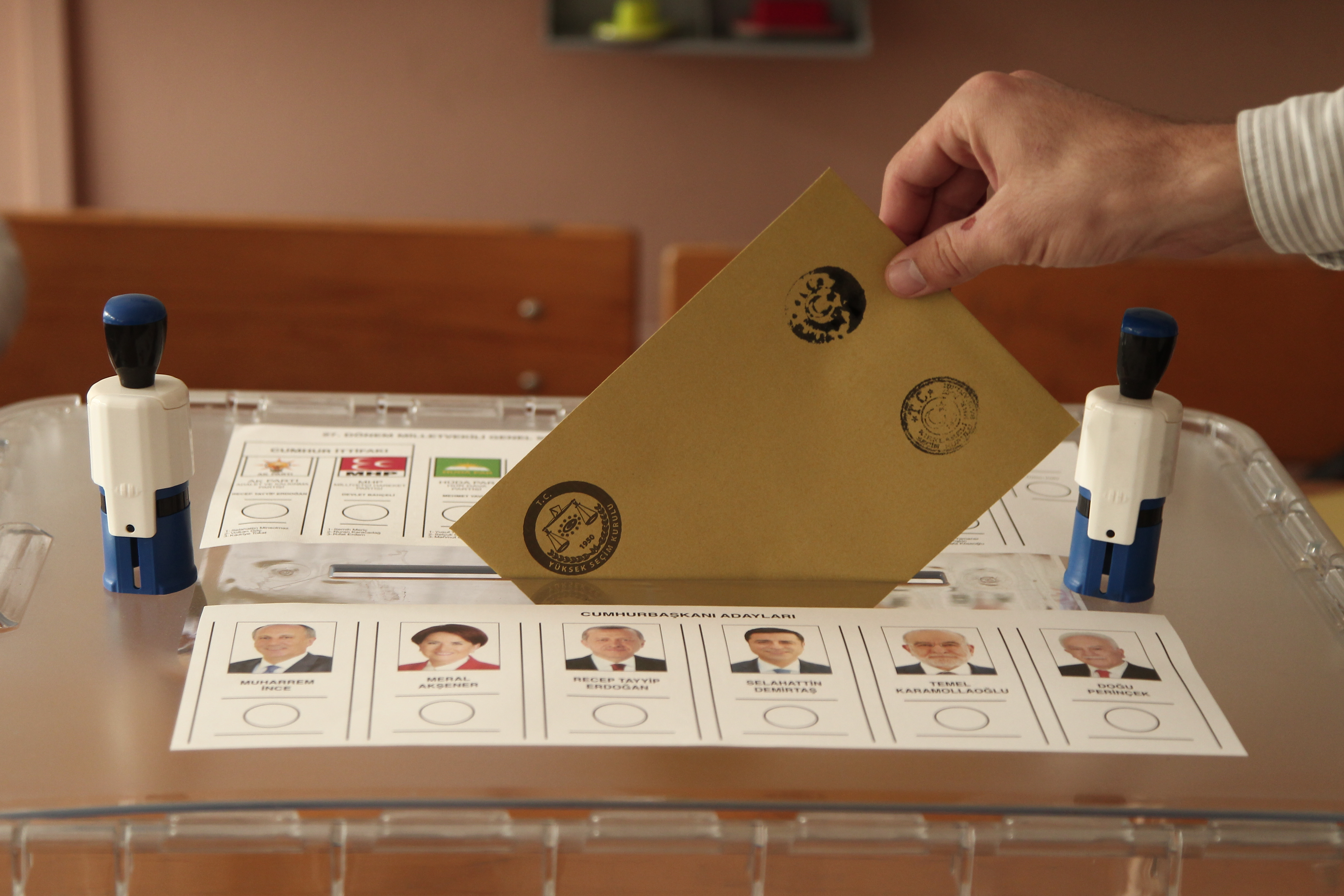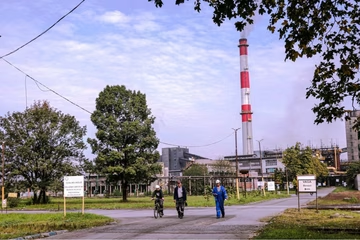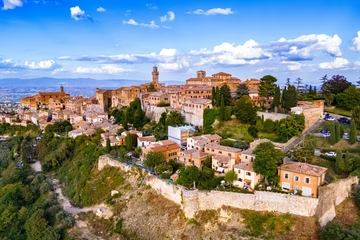
Polls have opened across Turkey Sunday morning in a snap vote as President Recep Tayyip Erdogan faces his biggest electoral threat in 15 years of rule.
Erdogan has dominated Turkish politics since his rise as prime minister in 2003 and has transformed the nation. He implemented policies that encouraged sustained economic growth and development, he challenged Turkey's secular foundations by bringing Islamic conservatism to public life and he gutted public institutions by having tens of thousands of people -- many his critics -- arrested following a failed military coup in 2016.
Some 59 million people are eligible to vote in both presidential and parliamentary elections Sunday, but regardless of who wins, the country will be radically changed.
Erdogan narrowly won a referendum last year to convert the country's parliamentary system to a powerful executive presidency. Whoever wins will be given sweeping new powers, as the role of prime minister is dissolved and the president gains the authority to issue laws by decree.
Erdogan, who has sailed through several elections to remain in power, called the elections 18 months early, as he faces battles on several fronts.
Turkish voters are feeling the pain of soaring inflation, a plunging currency and high interest rates as the economy falters.
Some 59 million people are eligible to vote in both presidential and parliamentary elections Sunday, but regardless of who wins, the country will be radically changed.
Erdogan narrowly won a referendum last year to convert the country's parliamentary system to a powerful executive presidency. Whoever wins will be given sweeping new powers, as the role of prime minister is dissolved and the president gains the authority to issue laws by decree.
Erdogan, who has sailed through several elections to remain in power, called the elections 18 months early, as he faces battles on several fronts.
Turkish voters are feeling the pain of soaring inflation, a plunging currency and high interest rates as the economy falters.
If a runoff round is held, Erdogan is most likely to face off with Muharrem Ince, the candidate for the main opposition Republican People's Party (CHP).
Ince, a former high school physics teacher, brings a charisma that the CHP has sorely lacked in previous elections. On Wednesday, he held what appeared to be the biggest rally in the campaign period yet, drawing hundreds of thousands of supporters in the secularist CHP stronghold of Izmir, on the Aegean coast.
He is 10 years younger than Erdogan and has tried to portray the President as an aging leader with no fresh ideas.
Like most opposition candidates, Ince has vowed to restore the country's parliamentary system. But there are doubts over whether a new president with sweeping powers will be quick to give them up, particularly if their party does not also hold a majority in parliament.
Polls in Turkey are typically partisan, but Good Party (IYI Parti) candidate Meral Aksener will possibly come in third. A former interior minister nicknamed "she wolf," Aksener left her Nationalist Movement Party (MHP) after it joined Erdogan's Justice and Development Party (AKP) in a coalition. She is a conservative nationalist and threatens to take support away from the President on the right.
Also with a chance of winning a substantial slice of the vote is Selahattin Demirtas from the pro-Kurdish People's Democratic Party (HDP), who is running his campaign from prison on terror charges that his party says are politically motivated.
Temel Karamollaoglu, from the Islamist Felicity Party (SP), could also drive pious conservatives away from Erdogan and the AKP.
On the parliamentary front, the three main opposition parties have formed a coalition for better odds against the Erdogan-headed AKP-MHP alliance. The pro-Kurdish HDP will run alone, and if it gains 10% of the vote, it can gain seats in parliament and threaten Erdogan's majority.
Kakvo je tvoje mišljenje o ovome?
Učestvuj u diskusiji ili pročitaj komentare





 Srbija
Srbija
 Hrvatska
Hrvatska
 Slovenija
Slovenija



























































